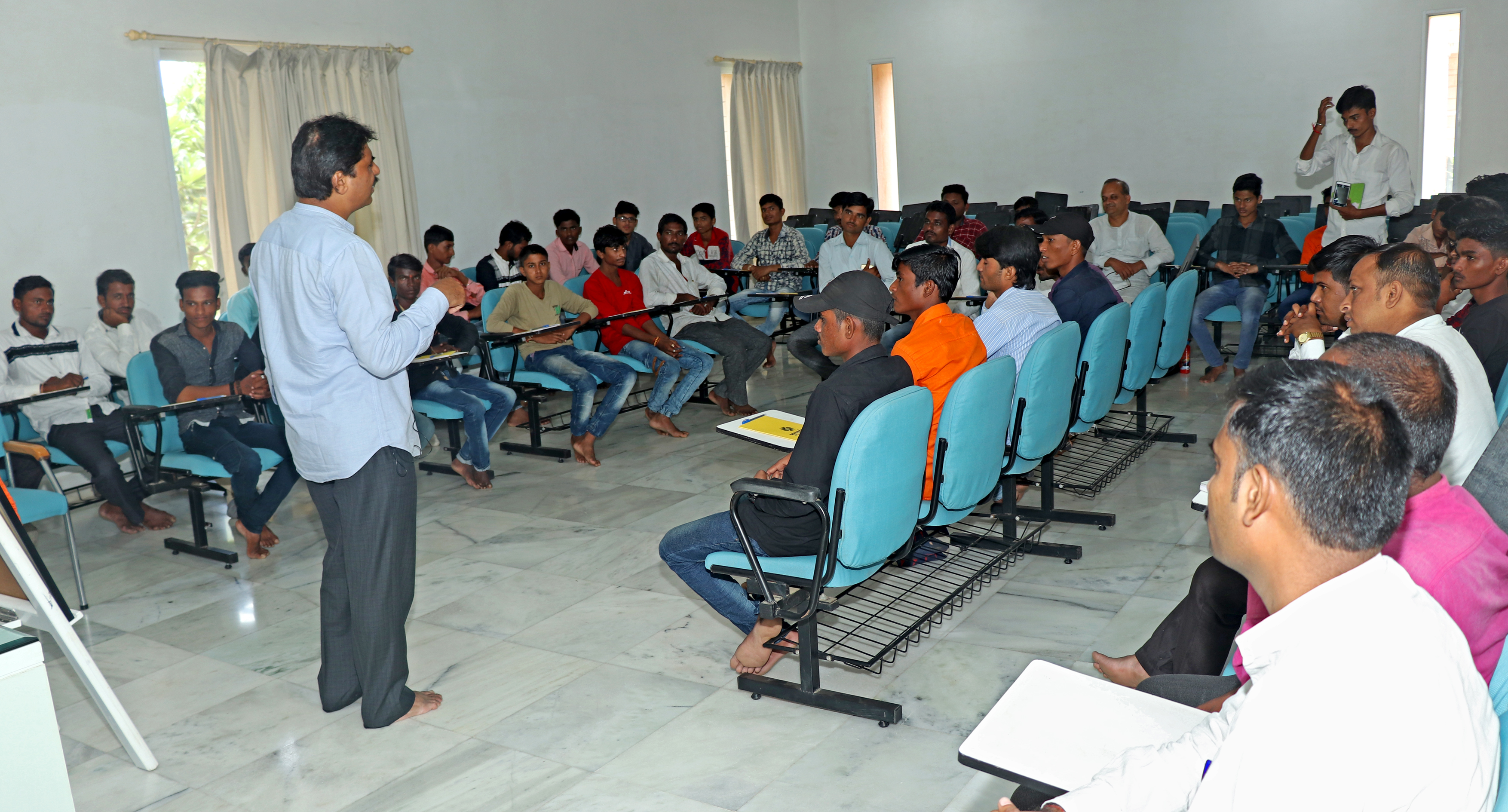| AIM |
| ▶ |
To render explicit the relevance of Gandhian solutions for tackling contemporary social, political, economic, cultural and environmental problems and crises, primarily in India, but also affecting the global community. |
| ▶ |
To be achieved through interdisciplinary and applied research with contributions from national and international scholars, policy makers, social activists, environmentalists, business representatives and cultural experts. |
METHODOLOGY AND OBJECTIVES |
| ▶ |
By providing easy access to all available literature by and on Mahatma Gandhi (held in the GRF library and archives) to national and international scholars and all those interested in pursuing Gandhian research. |
| ▶ |
By facilitating the production of cutting-edge research inspired by Gandhian solutions and applied to contemporary problems. |
| ▶ |
By realising Gandhiji’s conception of Gram Swaraj through the initiation of an extensive and intensive rural reconstruction programme in the surrounding region – with the aim of extending it nation-wide. |
| ▶ |
By transforming the GRF into a central, coordinating platform for Gandhian institutions and organisations involved in allied activities. |
| ▶ |
By creating an intellectual platform which could develop into a Gandhian think-tank for formulating solutions to socio-political, economic, cultural and environmental challenges facing India in the 21st century. |
THRUST AREAS OF RESEARCH |
| ▶ |
To achieve: Rural regeneration, economic sustainability, skill development, employment creation. |
| ▶ |
To minimise: Social-economic inequalities and gender imbalance. |
| ▶ |
To contribute towards: Caste and communal harmony. |
| ▶ |
To facilitate: Educational innovation. |
| ▶ |
To promote: Health and nutrition revitalisation. |
| ▶ |
To tackle: Environmental challenges. |
| ▶ |
To strengthen: Nonviolent conflict resolutions in India and globally. |
FORMAT OF RESEARCH AND APPROACH |
| ▶ |
Interdisciplinary. |
| ▶ |
Empirical, applied and constructive. |
| ▶ |
Full and part-time, long and short-term research. |
| ▶ |
Networking with like-minded researchers and research institutes of national and international standing. |
| ▶ |
Synergetic interaction with NGOs, grassroots organisations, and prominent individuals in the public sphere. |

